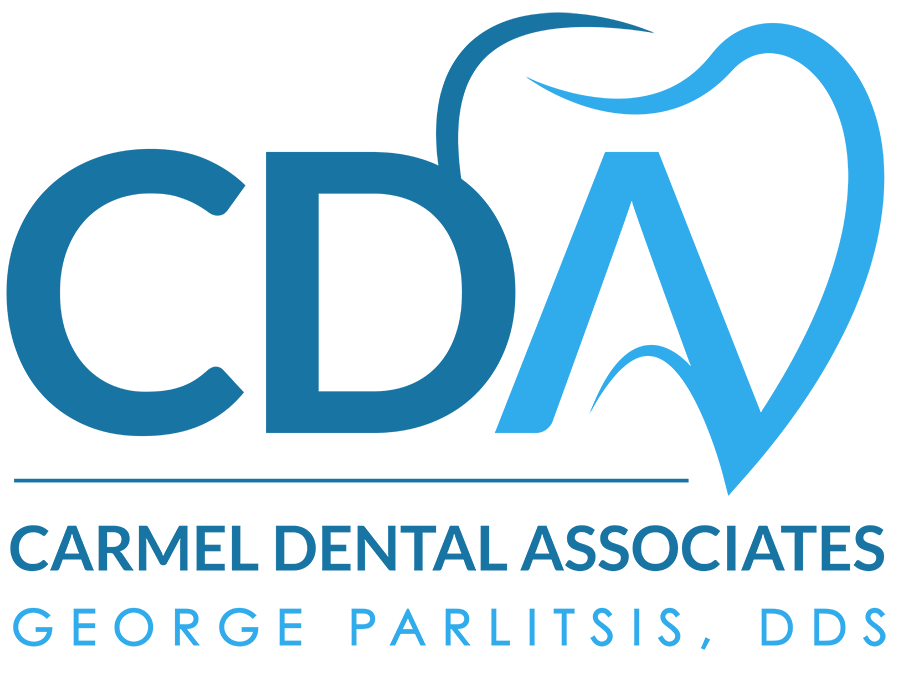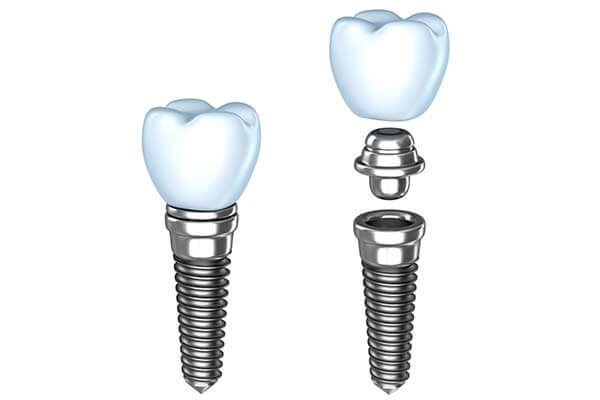Archeological records show that primitive dental implants may have been in use during the prehistoric age, and implants were surprisingly widespread by 600 AD. Modern dental implants were developed in the 1970s, but they did not fully catch on until the 1990s. Despite this long history, and although they are now considered the gold standard in tooth replacement options, dental implants continue to be shrouded in myths and legends. Here is what you should know about 4 common dental implant myths.
Dental Implants Hurt
Some discomfort is to be expected from any oral surgery. However, most patients report that implant placement is far less uncomfortable than tooth extraction. Modern technology and an experienced, concerned dentist can greatly reduce any discomfort.
After your surgery, take any prescribed painkillers as directed. It is far better to stay ahead of potential pain than to try to get on top of existing pain. Most people are able to go back to work in just two to three days.
Dental Implants Are Expensive
The initial cost for dental implants is significantly higher than dentures, and slightly higher than dental bridges. However, dentures promote bone loss, must be relined annually, and tend to break in 10 to 15 years. Dental bridges require healthy tooth structure to be sacrificed, putting the supporting teeth at a higher risk for decay or even fracture. Amortized over a lifetime, dental implants tend to be far less expensive than either bridges or dentures.
Be careful not to shop solely on price for dental implants. You do not need to see the most expensive dentist in town, but be wary of those whose prices are significantly lower than their competitors. “Too good to be true” deals can be a risky option when it comes to health care.
Dental Implants Can Only Be Placed in Healthy People
It is true that you must be in good oral health before your dental implant surgery. We will treat any underlying oral problems such as gum disease or tooth decay before we schedule your implant placement. Chronic health conditions such as high blood pressure, diabetes, or bleeding disorders must also be well controlled to minimize surgery risks. In addition, those with severe jawbone loss may need bone grafting to build up the jawbone enough to support the implants.
Within these parameters, though, virtually anyone can be a candidate for dental implants. We will make a thorough assessment of your existing oral and physical health. If necessary, we will work with your doctor to develop a plan of action to get you ready for dental implant surgery.
Dental Implants Are Prone to Failure
Dental implants are virtually impossible for the body to reject, as they are crafted from biocompatible titanium. Very rarely, they may not fuse properly with the jawbone. However, across the board success rates are around 95 percent, and a skilled implant dentist with patients who carefully follow aftercare instructions can achieve a success rate of 98 percent.
If you are ready to get started with dental implants, contact Carmel Dental Associates at 845-225-2224 to schedule your appointment.

